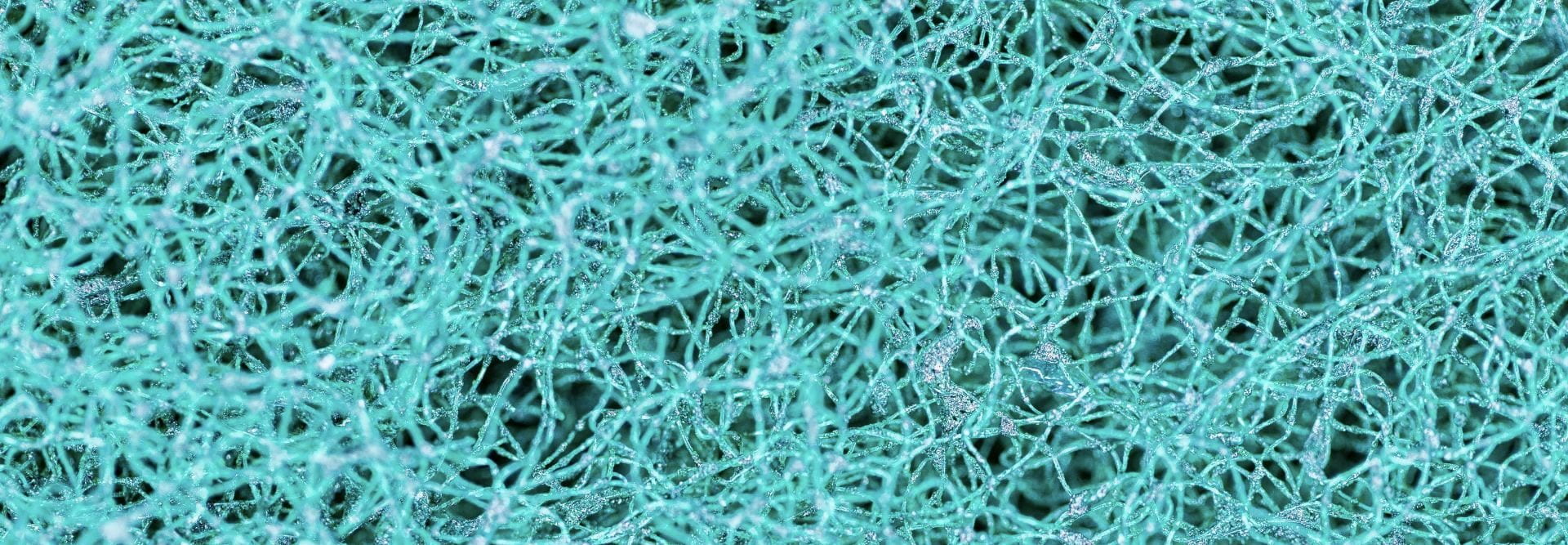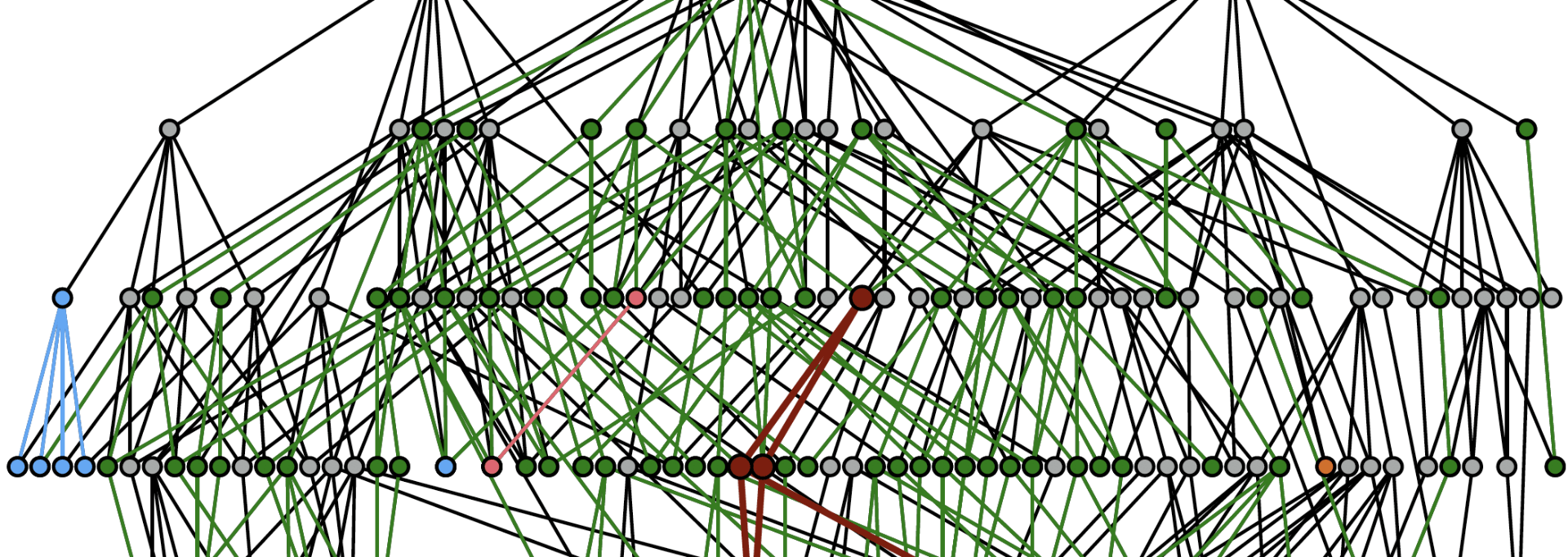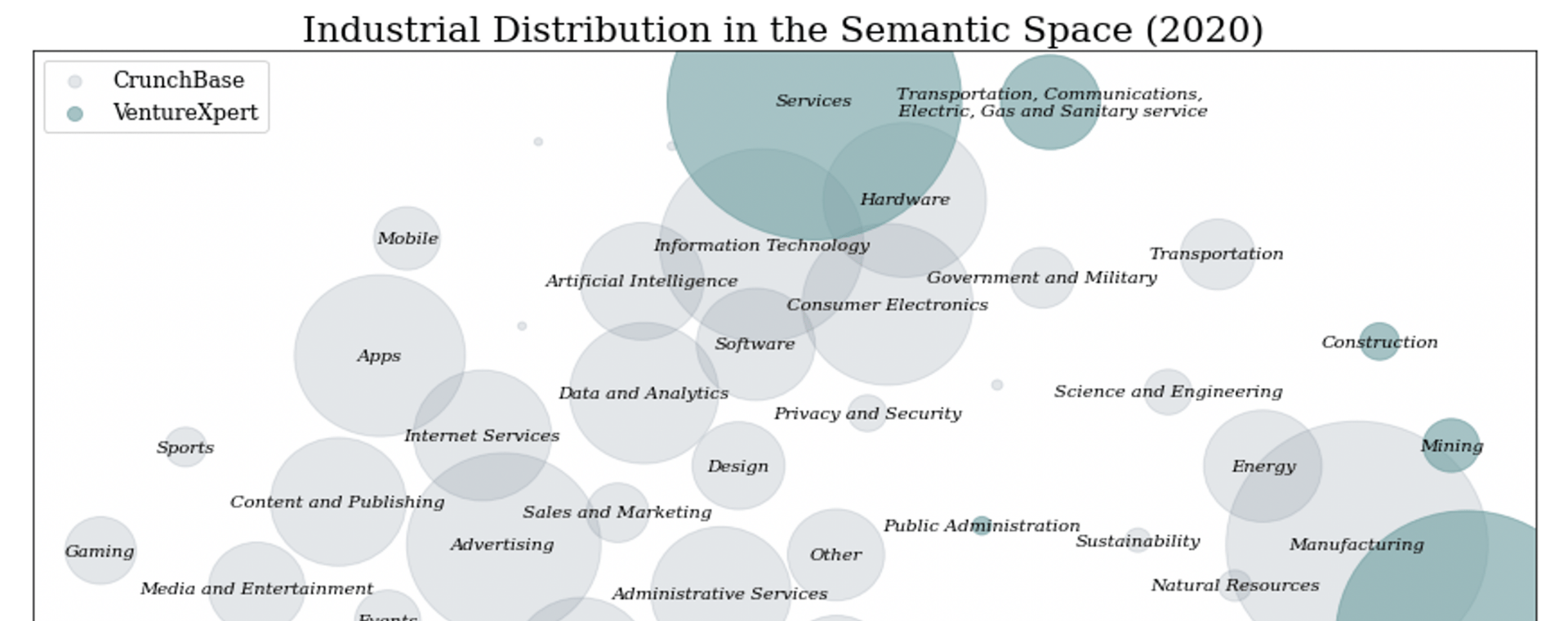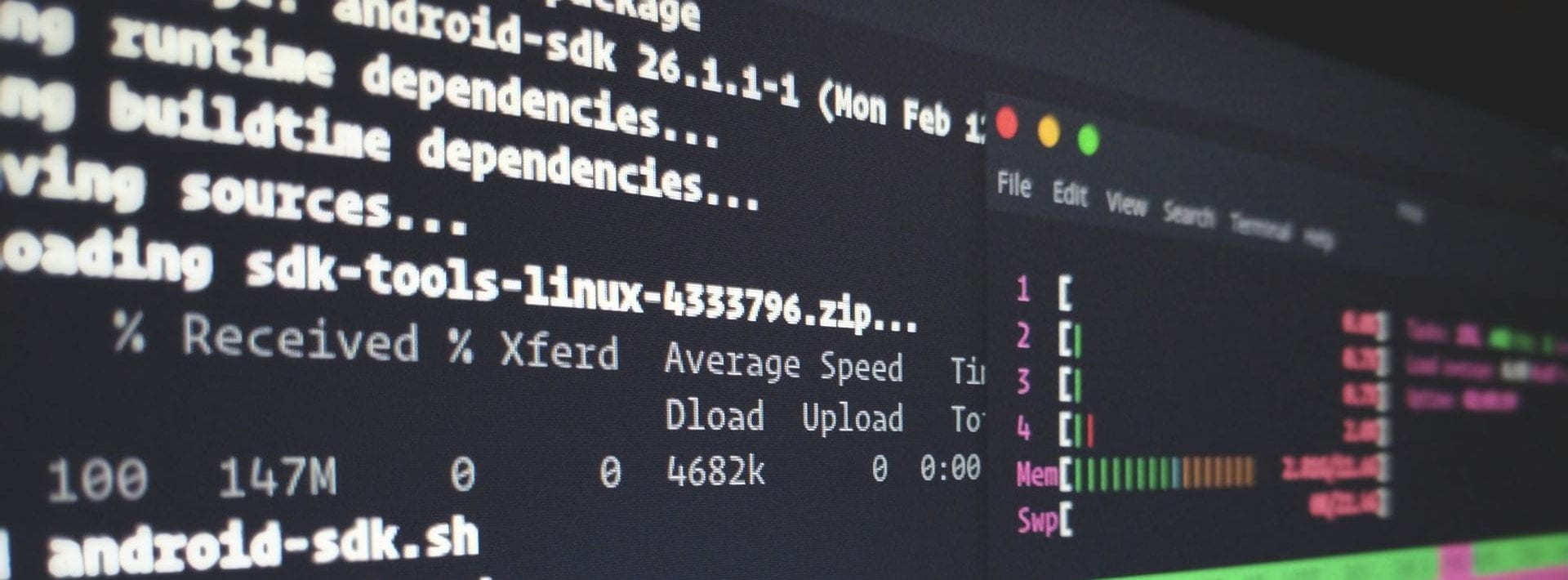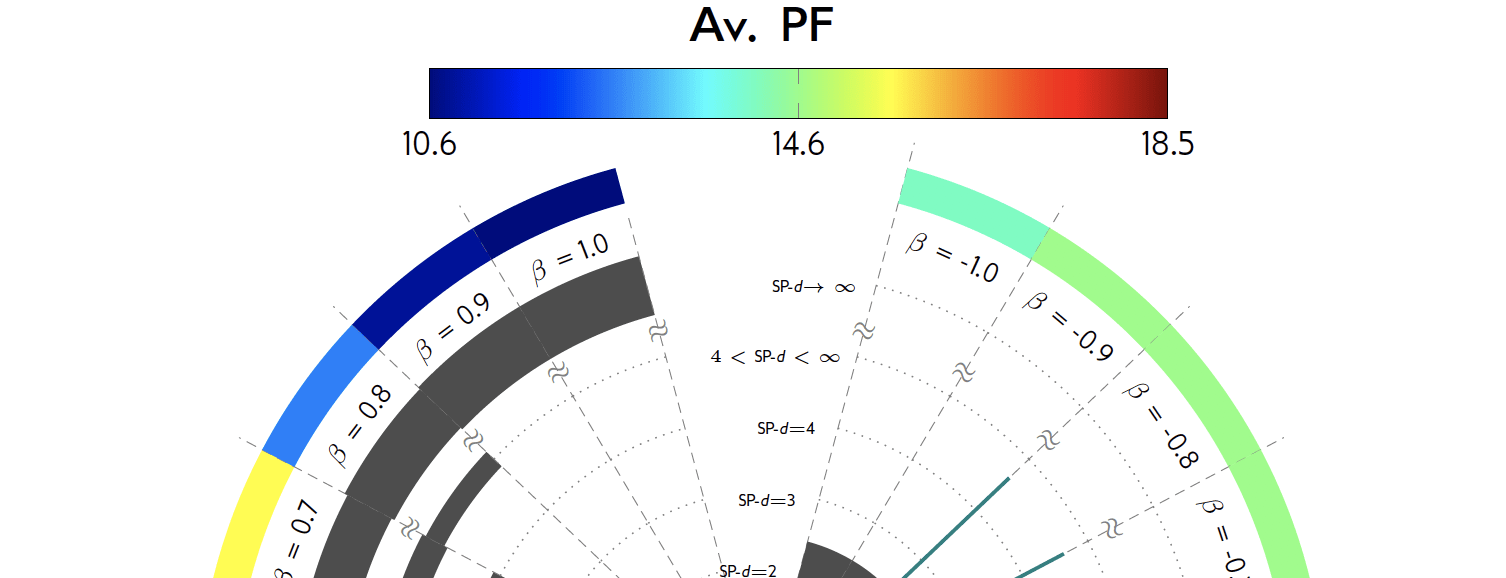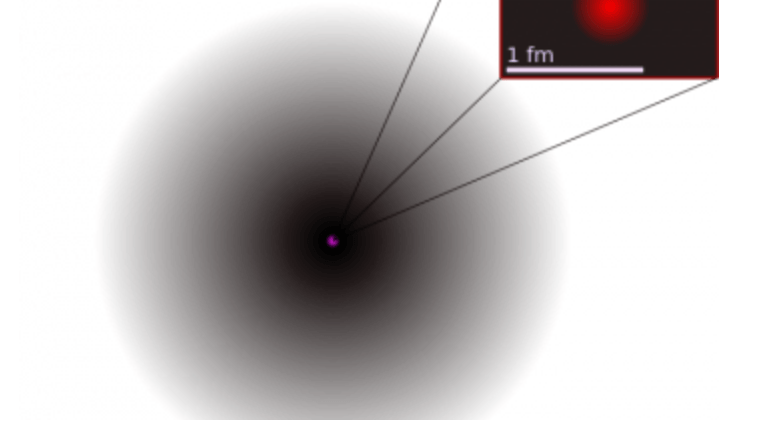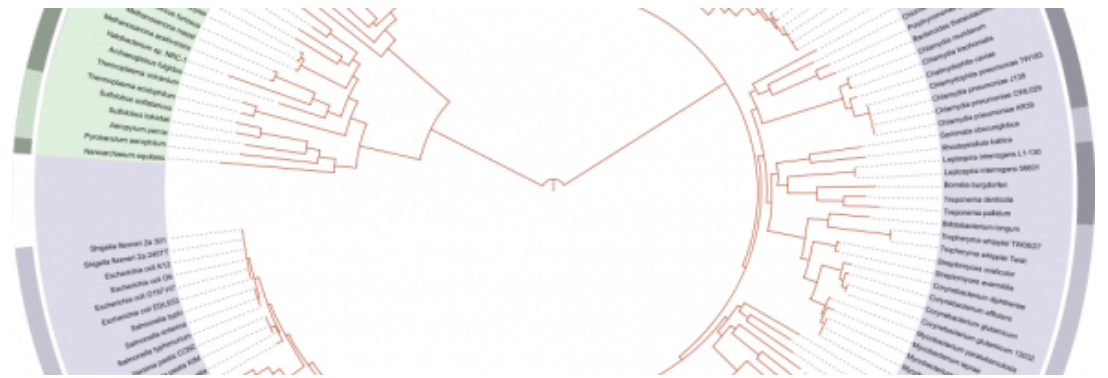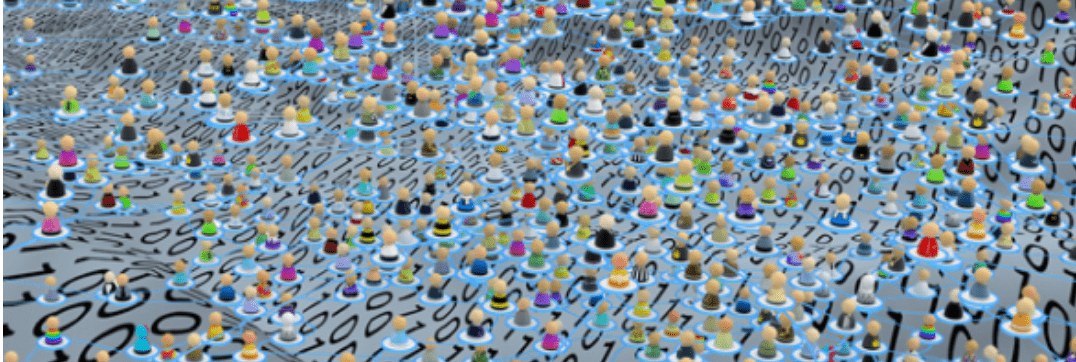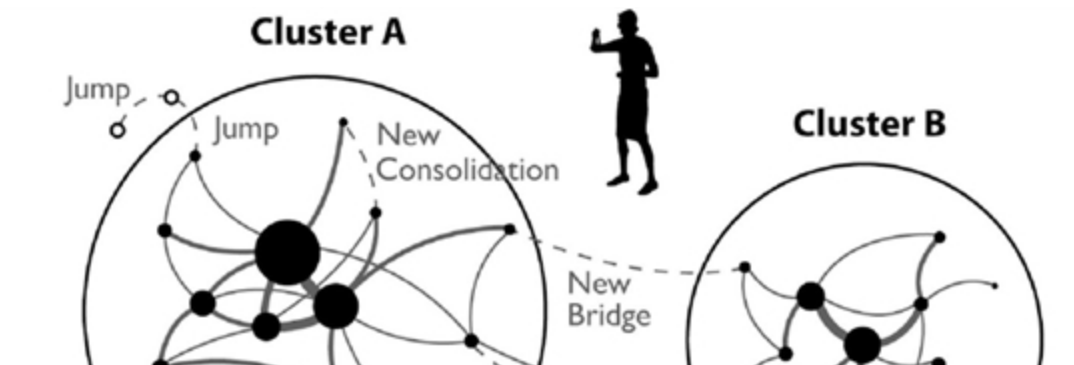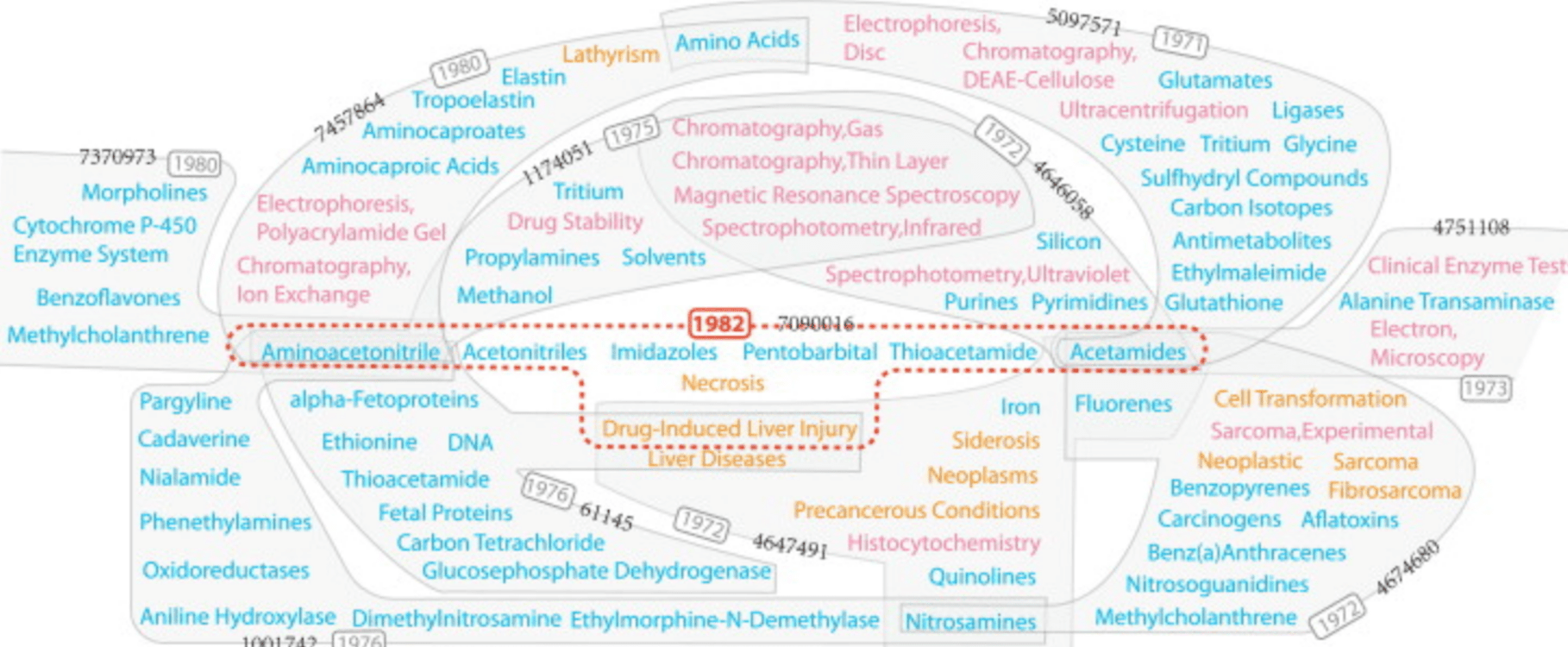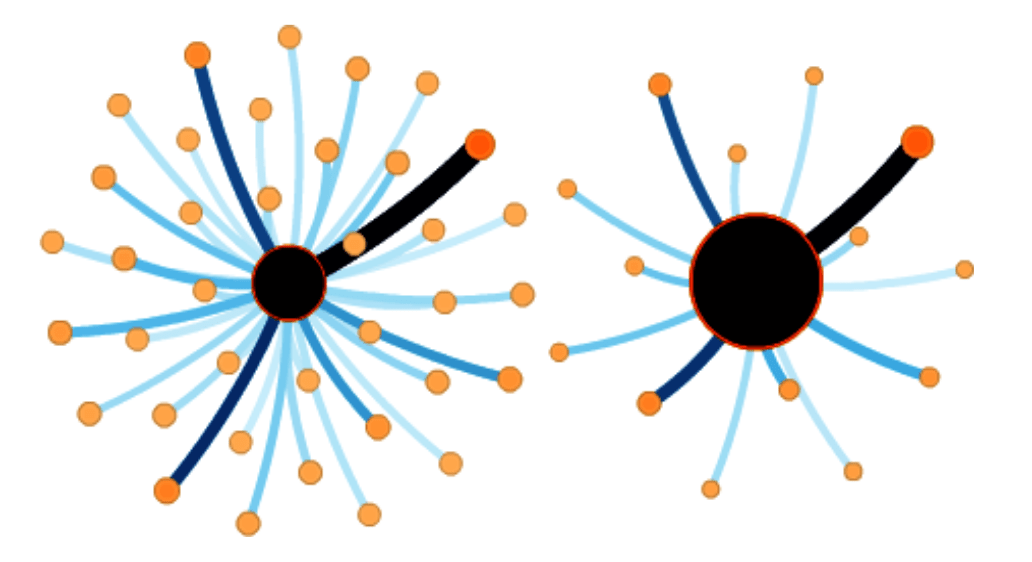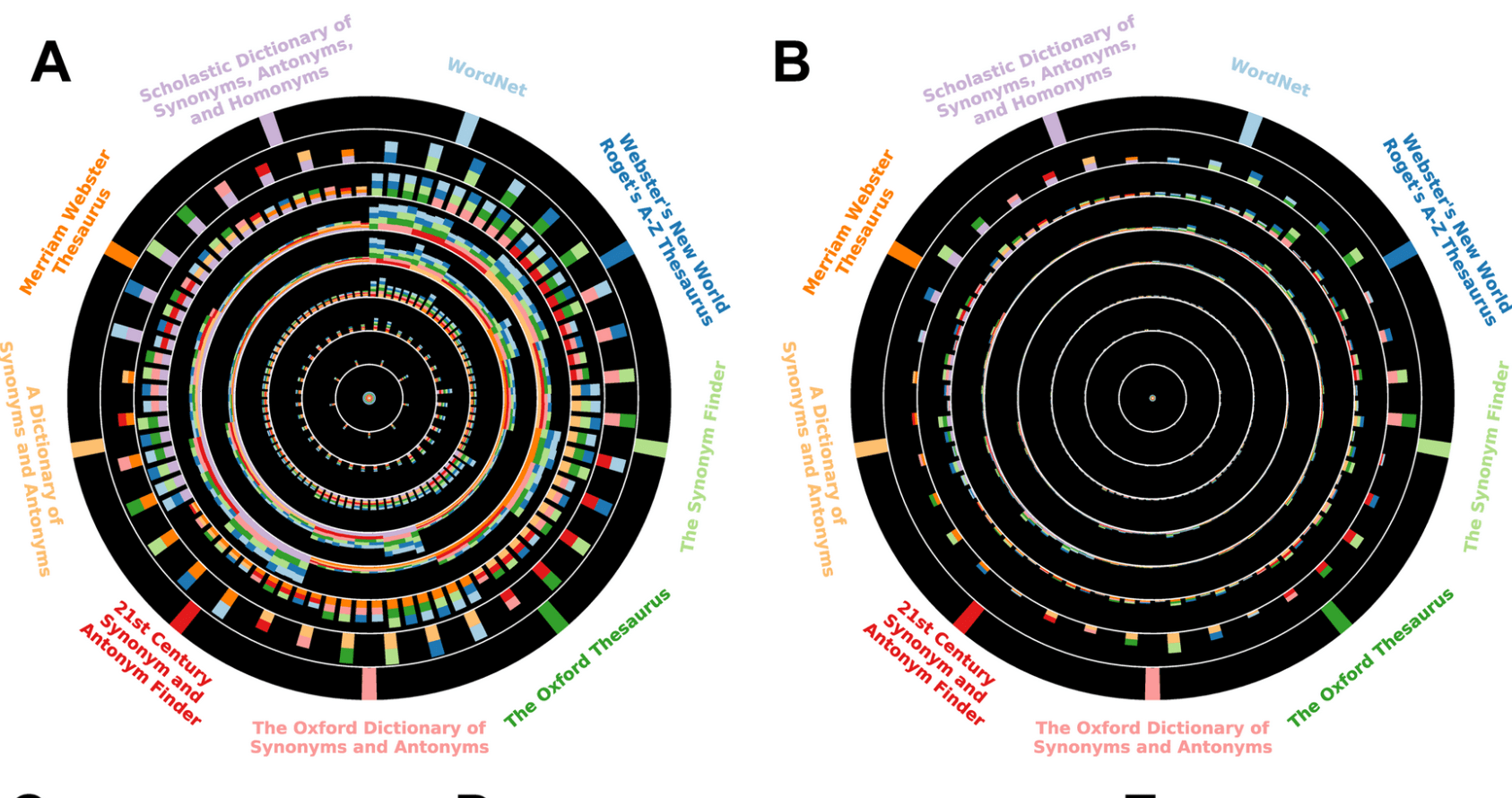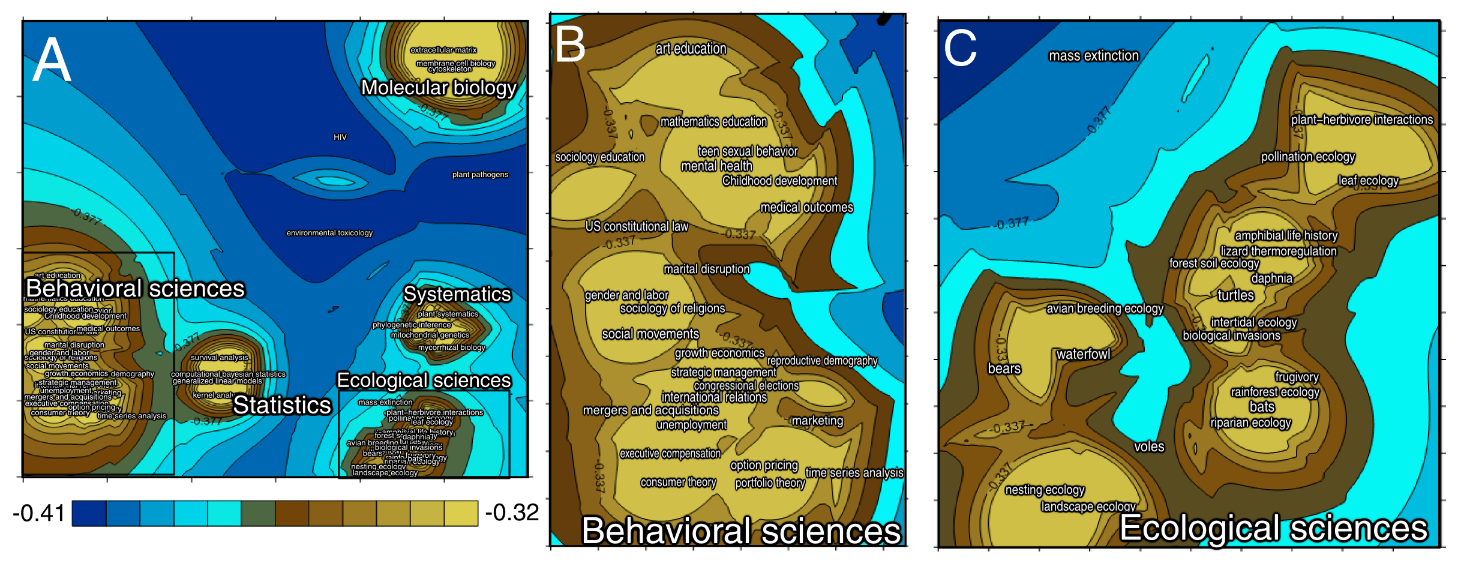Current Projects
Deep Neural Networks
Emerging deep learning methods enable the integration and analysis of these complex data in order to address real-world problems by designing and discovering successful solutions.
Learning human-interpretable concepts from information lattices
Can AI learn music theory from music in a human-interpretable form like textbooks?
Innovation and Entrepreneurship
In this project, we use dynamic word embeddings and other NLP techniques to trace the change of business environment for U.S. companies in the past 45 years.
Automating Science
In this project, we aim to boost the predictive power of content-based models by incorporating the distribution of scientists and innovators such that a candidate of discovery will be marked as likely to occur in reality only if there is enough population of researchers studying it.
Alien AI
In this project, we argue that with the fast proliferation of digital data in scientific metadata, AI predictors of scientific discoveries can do much more than just imitating their human counterparts.
Aesthetics of Explanation
Most knowledge-making processes aim at explanation.
Big Questions
The human imagination has always been captivated by Big Questions: about the fundamental structure of reality, the origins of life, or the nature of consciousness.
Cognitive and Evolutionary Foundations of Science
In this project, we ask how the amazing capacities of modern science and technology to generate long-lived, highly transformative ideas, are built up from the cognitive and physical capacities that are our shared evolutionary heritage.
Disambiguation Working Group
This Working Group is charged with disambiguating named entities (authors, institutions, etc) across the Knowledge Lab data set.
Great Scientists
What makes someone a great scientist or inventor
Hidden Models
In what ways do formal scientific models, as well as popular, cultural intuitions, shape scientific discovery?
Idea Generativity
What makes some ideas long-lived and highly generative?
Levels of Description
There is the tendency and a risk for groups and fields to continuously focus on minute details.
Lives of Concepts
This project aims to develop methods of tracking how concepts emerge, are disseminated, stabilize and decay across different…
Machine Science
Chip miniaturization and exponential economies of scale in production has lead to appreciable shifts in the way in which…
Optimal Matching
How best to create and disseminate knowledge?
Peer Review
Nearly all new discoveries, findings, theories and scientific speculations are filtered through peer evaluation.
Representations of Knowledge
Over history, major discoveries have often been marked by new, frequently ingenious, methods of representing knowledge…
Schools of Thought
This project seeks to define, find and analyze differences in schools of thought.
Tradition and Innovation
How do scientific conventions influence creativity and innovation?
The Zeitgeist of Science
“No man can surpass his own time, for the spirit of his time [der Geist seiner Zeit] is also his own spirit.”
D.E.E.P: Discovering the Extent of Estimable Prediction in Science and Technology
This project is developing novel, innovative tools spanning network science, machine learning, natural language processing, and computational social science to yield new insights and answers.
Social MIND project will build AI models to explain, predict and influence the social world
Data-driven models are increasingly used to simulate and make predictions about complex systems, from online shopping preferences and the performance of the stock market to the spread of disease and political unrest.
Tradition and Innovation in Scientists' Research Strategies
What factors affect a scientist’s choice of research problem?
Weaving the fabric of science: Dynamic network models of science's unfolding structure
Science is a complex system. Building on Latour’s actor network theory, we model published science as a dynamic hypergraph and explore how this fabric provides a substrate for future scientific discovery.
The Modular Community Structure of Linguistic Predication Networks
This paper examines the structure of linguistic predications in English text. Identified by the copular “is-a” form, predications assert category membership (hypernymy) or equivalence (synonymy) between two words.
Extracting Clusters of Specialist Terms from Unstructured Text
Automatically identifying related specialist terms is a difficult and important task required to understand the structure of less prominent portions of the lexicon.
Quantifying the Impact and Extent of Undocumented Biomedical Synonymy
This work highlights the dramatic incompleteness of current biomedical thesauri.
Finding Cultural Holes: How Structure and Culture Diverge in Networks of Scholarly Communication
Here, we use information theory to measure cultural holes, and demonstrate our formalism in the context of scientific communication using papers from JSTOR .
Attention to Local Health Burden and the Global Disparity of Health Research
Most studies on global health inequality consider unequal health care and socio-economic conditions but neglect inequality in the production of health knowledge relevant to addressing disease burden. We demonstrate this inequality and identify likely causes.

